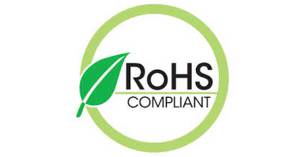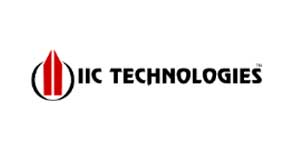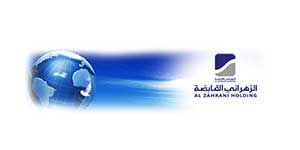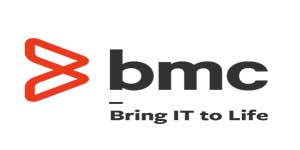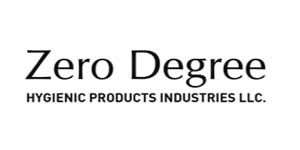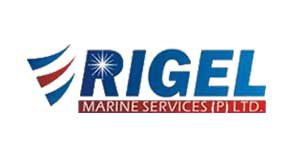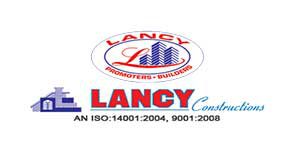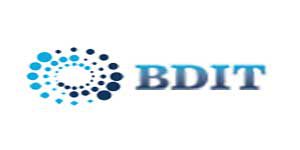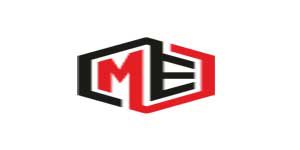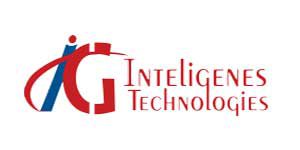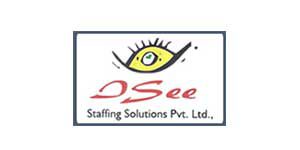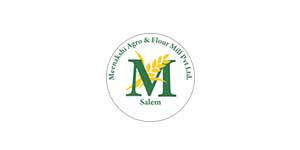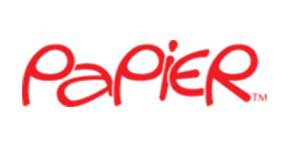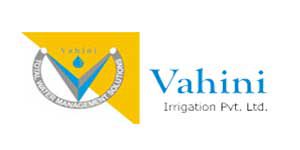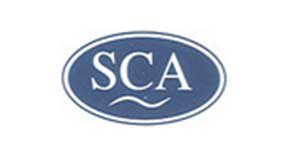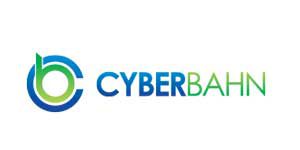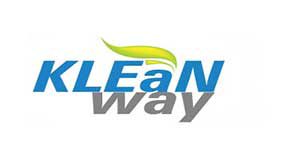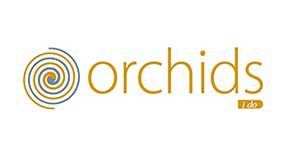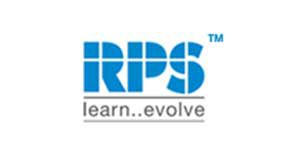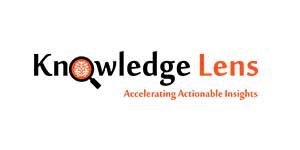
ROHS Certification
Google User
Rating: 5 out of 5
ROHS Certification
ROHS Certification shall create an environment where each employee contributes to all aspects of our business process and shall strive for continuous improvement to meet with customer Satisfaction by having a strong feedback system from clients, auditors and certification staff.
The Directive on the restriction of the use of certain hazardous substances in electrical and electronic equipment 2002/95/EC; commonly referred to as the Restriction of Hazardous Substances Directive was adopted in February 2003 by the European Union. The ROHS Certification directive took effect on 1 July 2006 and is required to be enforced and become law in each member state. This directive restricts the use of six hazardous materials in the manufacture of various types of electronic and electrical equipment. It is closely linked with the Waste Electrical and Electronic Equipment Directive (WEEE) 2002/96/EC which sets collection, recycling and recovery targets for electrical goods and is part of a legislative initiative to solve the problem of huge amounts of toxic e-waste.
ROHS Certification Pvt. Ltd is established as an independent certification with its main objective to safeguard life, property and environment through quality assurance and total quality management.
Compliance Assurance System
ROHS Certification defines the actions and mechanisms you can take to prevent restricted substances from inclusion in your products. To ensure RSC are effective, the procedures should be integrated into an overall Compliance Assurance System (CAS).
EU Enforcement authorities and OEM customers are requesting documentation of the producer’s RoHS compliance procedures to demonstrate those appropriate systems are in place to ensure on-going compliance.
Compliance procedures should be integrated into your quality management system or environmental management system if one exists.
RoHS Certification helps you in developing your ‘Compliance Assurance System’
What is RoHS?
RoHS Certification stands for Restriction of Hazardous Substances. RoHS, also known as Directive 2002/95/EC, originated in the European Union and restricts the use of specific hazardous materials found in electrical and electronic products. All applicable products in the EU market after July 1, 2006, must pass RoHS compliance.
What are the restricted materials mandated under RoHS?
The substances banned under RoHS Certification are lead (Pb), mercury (Hg), cadmium (Cd), hexavalent chromium (CrVI), polybrominated biphenyls (PBB), polybrominated diphenyl ethers (PBDE), and four different phthalates (DEHP, BBP, BBP, DIBP).
Why is RoHS Certification compliance important?
The restricted materials are hazardous to the environment and pollute landfills, and are dangerous in terms of occupational exposure during manufacturing and recycling.
